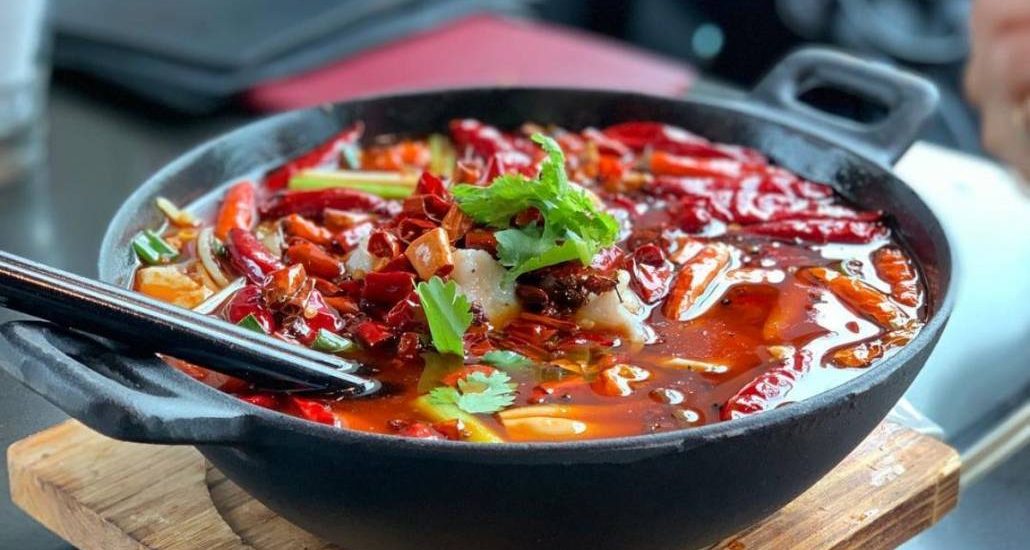When my mother or grandfather (爷爷/爺爺) needed a break from cooking in the kitchen, my family would eat out at fast food restaurants when I was a child.
McDonalds and Subway were popular options, and KFC was a favorite of my grandparents for many years.
But there were times when we’d opt for a casual dining experience with table service.
Being served by servers was a peculiar experience for a middle schooler unaccustomed to choosing from a wider assortment of dishes and eating in the presence of strangers.
I did my best to follow along—paying attention to what my parents said and did as well as observing how other customers behaved to get a sense of the decorum called for in this situation.
However, whenever we finished our meal, my father would always surprise me by tossing out social rules along with our food waste.
He did something that no other customer would did.
While most customers were waiting patiently for their bill to arrive at their table, he went to work.
He’d neatly stack our dirty dishes and cups, thoughtfully return bottles of sauce to their original position in condiment racks and carefully wipe off every single crumb from the table. He’d then arrange all of our mess and move it to the edge of the table to make it easier for our server to remove everything from our dining area.
My father did this the first few times that we ate at a casual dining establishment, and he still does this today.
When I was older, I learned why.
He did it because he’d done before.
In his younger years, he was a server at the hectic restaurant where my grandfather was a chef.
He knew the challenges servers faced.
He didn’t clean up our table because someone told he had to do it. He didn’t clean up our table because he was following a tradition. He didn’t clean up our table because it was the logical or rational action to take. And he didn’t clean up our table because of a sense of responsibility or to prove a point.
He did it because of his experience.
There was an experiential knowledge that led him to act, and you could see the appreciation on servers’ faces when we left the restaurant.
There was acknowledge of a gratitude that could only be felt from a shared understanding.
Before COVID, I sometimes found myself cleaning up when I dined in at restaurants like my father. Yet it’s never become a habit because the act itself still doesn’t resonated with me in the same way it does for him.
As one of my teachers once said, many Westerners today tend to take absolutist view of philosophy without an appreciation for the sensitivity of the nuances involved with applying theoretical principles to their own lived experience.
The challenge for modern humans is to transcend the learned knowledge gained from books, e-books, TV, YouTube, films, Netflix shows, radio, podcasts and other forms of consumptive media.
By seeing how these modern-day influences have worked in confluence with the traditional influences of family and community to shape us, we can regain our agency and direct it toward self-understanding.
To advance beyond mere academic reflection, we must develop an experiential comprehension of humanity that’s deeply felt—and ultimately one that’s even beyond feeling.
The only way we can confidently say that we’ve been somewhere before is to have chosen to be there.


